Understanding Folding Partition Walls
What is a Folding Partition Wall?
A folding partition wall is a versatile architectural solution designed to provide flexibility in space management within commercial and residential environments. These walls consist of hinged or sliding panels that allow for seamless division of larger spaces into smaller, functional areas without the permanence of traditional walls. Unlike conventional room dividers, folding partitions can be easily moved and reconfigured to adapt to different needs, rendering them ideal for multipurpose spaces such as conference rooms, classrooms, and event venues. By utilizing a Folding Partition Wall, owners can optimize their space usage while maintaining aesthetic appeal and functional integrity.
Types of Folding Partition Walls
Folding partition walls come in various types, each suited to specific application needs. The primary types include:
- Accordion Partitions: These are made up of multiple panels that fold into one another like an accordion. They are lightweight, easy to operate, and ideal for environments requiring frequent reconfiguration.
- Glass Folding Partitions: These provide an elegant and modern look while allowing natural light to flow through spaces. Often used in offices and restaurants, they enhance visibility while still providing the necessary division.
- Acoustic Partitions: Designed for soundproofing, these partitions help maintain privacy and minimize noise in shared spaces. They are essential in environments like auditoriums and conference centers.
- Manual vs. Automated Options: Folding partitions can be operated manually or fitted with automated mechanisms, allowing for easy deployment with the push of a button.
Applications in Different Industries
The applications of folding partition walls span various industries, showcasing their versatility and benefits:
- Corporate Offices: For businesses that require adaptable meeting spaces, folding partitions enable rapid transformation from large conference areas to separate meeting rooms.
- Educational Institutions: Classrooms can benefit from dynamic layouts, allowing for an engaging learning environment that can be reconfigured for discussions, group work, or assessments.
- Hospitality: Hotels and event centers utilize folding partitions to create adaptable banquet halls, accommodating differing group sizes for weddings, conferences, or receptions.
- Healthcare Facilities: In medical settings, folding partitions offer privacy for patient consultations while allowing staff to adjust environments based on patient needs.
Benefits of Folding Partition Walls
Space Optimization and Flexibility
One of the most significant advantages of folding partition walls is their ability to optimize space. In environments where the functionality of a room may change throughout the day, these walls allow for instant adaptability. For example, a large conference room can be transformed into smaller meeting spaces with minimal effort, thus reducing wasted space and increasing operational efficiency. Organizations can maximize their utility while minimizing costs associated with maintaining unnecessary sq footage for seldom-used areas.
Improving Acoustic Privacy
Acoustic privacy is crucial in environments such as offices and healthcare facilities. Folding partitions specially designed for sound attenuation provide a barrier against noise, enhancing confidentiality during meetings or consultations. As the demand for privacy grows, businesses can enhance their brand value and client satisfaction by integrating solutions that acknowledge and address acoustic challenges.
Cost-Effectiveness in Space Management
Investing in folding partition walls can lead to substantial cost savings over time. By allowing spaces to be reconfigured with ease, organizations can reduce their need for additional square footage, thus lowering property leasing or purchasing expenses. Moreover, the installation of these partitions is generally more affordable than constructing permanent walls, providing a financially sound solution to space versatility.
Choosing the Right Folding Partition Wall
Factors to Consider for Selection
When selecting a folding partition wall, several factors must be considered to ensure optimal performance and satisfaction:
- Purpose and Frequency of Use: Identify how often the partitions will be used and the frequency of space reconfiguration. This will inform choices regarding materials and designs.
- Size and Configuration of Space: Consider the dimensions of the area and how the partitions will function within it. Measure the available space to ensure proper fit and operation.
- Budget: Develop a comprehensible budget, including costs for materials, installation, and long-term maintenance.
- Custom Features: Determine if any particular features, such as integrated technology or specific design aesthetics, are necessary for your needs.
Comparing Materials and Designs
The effectiveness of folding partition walls is heavily influenced by the materials and designs chosen. Common materials include wood, metal, and glass, each of which presents its own advantages:
- Wood: Offers warmth and aesthetic appeal; suitable for traditional environments.
- Metal: Often used for structural strength, it can withstand heavy use while allowing for simplistically modern designs.
- Glass: Provides a sleek, open look while not compromising on functionality; ideal for upscale settings where visibility is essential.
Custom Solutions for Unique Needs
Some environments may require unique designs or functionalities. Custom folding partition walls can be tailored to specific specifications to maximize usability in unique spaces. Consider working with manufacturers who can provide solutions aligned with individual/group requirements while incorporating additional functionalities such as soundproofing or automatic activation.
Installation and Maintenance of Folding Partition Walls
Steps for Proper Installation
The installation process of folding partition walls is crucial for their effectiveness and longevity. Below are the essential steps for proper installation:
- Site Assessment: Analyze the installation site to understand the layout and any potential challenges.
- Measurement and Design Finalization: Confirm all measurements match the design specifications, allowing for a precise fit.
- Prepare the Installation Site: Clear the area and set up any necessary equipment to facilitate installation.
- Mounting the Track: If applicable, install the upper track for sliding partitions, ensuring it is level and securely fixed.
- Hanging the Panels: Carefully attach the panels to the track, ensuring they move freely and align appropriately.
- Final Adjustments: Check for proper functioning and make necessary adjustments before completing the installation.
Best Practices for Maintenance
Maintaining folding partition walls is essential to ensure their performance, durability, and appearance over time. Here are some best practices for maintenance:
- Regular Cleaning: Use appropriate cleaning solutions to avoid damaging the materials while keeping the partitions visually appealing.
- Routine Inspections: Examine the partitions for signs of wear and tear, such as misalignment or wear on hardware, addressing issues promptly to prevent further damage.
- Lubrication: If applicable, regularly lubricate tracks and hinges to ensure smooth operation.
Avoiding Common Mistakes
To ensure optimal performance and longevity, it is crucial to avoid common mistakes in installation and usage:
- Ensure proper weight distribution across partition panels to prevent strain on hinges or tracks.
- Do not force partitions that are stuck; inspect for underlying obstructions or misalignments that need resolving.
- In installation, avoid rushing through the steps; a hasty installation can lead to structural issues and unsafe environments.
Future Trends in Folding Partition Walls
Technological Innovations
As technology evolves, so do the designs of folding partition walls. Innovations such as smart controlled movement—allowing users to adjust partitions via smartphone applications—are gaining traction. Furthermore, advancements in materials will enable the development of more lightweight, yet sturdy options that cater to modern aesthetics. Additionally, integrated technology for soundproofing and climate control is expected to enhance user experience in various settings.
Sustainability in Partition Design
With rising awareness about sustainability, the demand for eco-friendly materials in partition design is increasing. More manufacturers are focusing on sustainable production processes, utilizing recycled materials and promoting energy-efficient solutions within their products. This shift not only benefits the environment but also attracts eco-conscious consumers seeking sustainable options for their spaces.
Market Predictions and Consumer Behavior
The market for folding partition walls is poised to grow, fueled by emerging trends in flexible working environments and dynamic space usage. As remote work continues to shape workplace environments, organizations looking to enhance adaptability will prioritize modular solutions like folding partitions. Moreover, consumer behaviors are reflected in an increasing preference for multifunctional spaces that maximize utility while retaining aesthetic appeal.
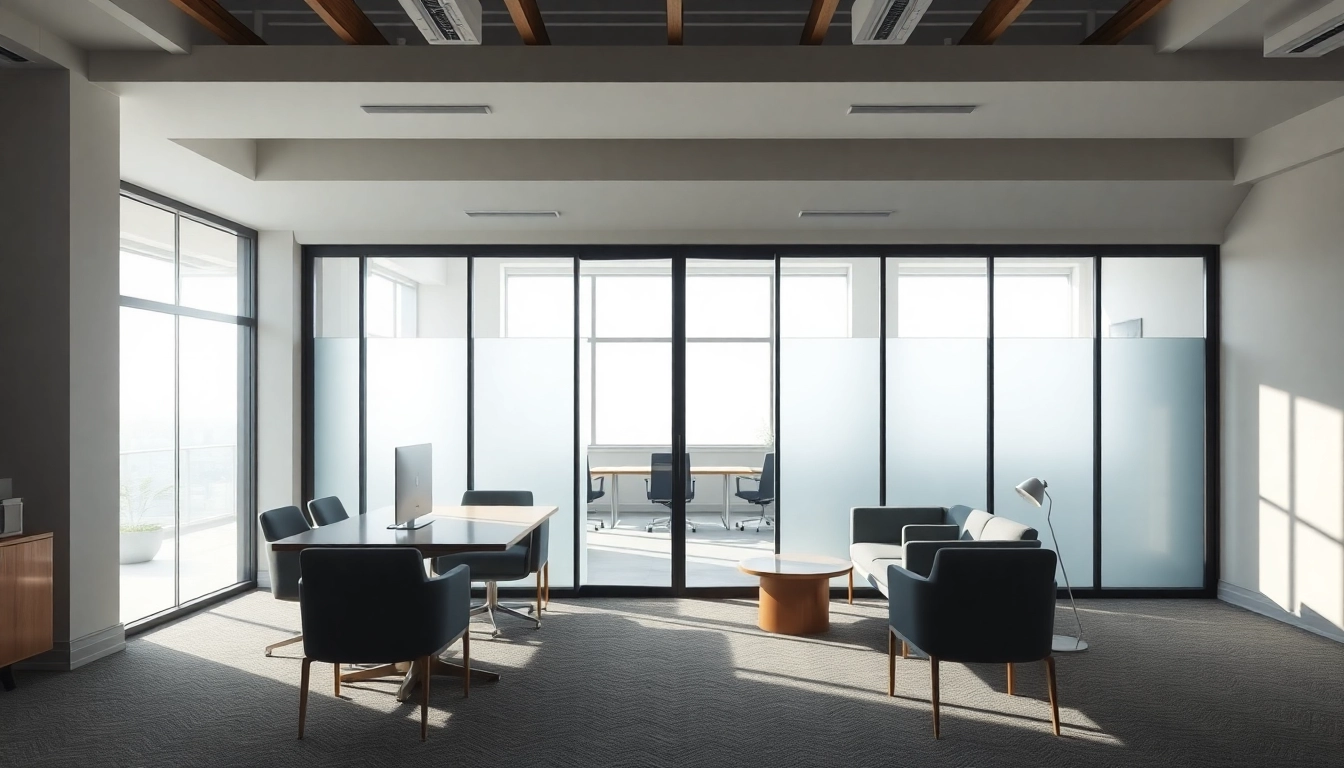
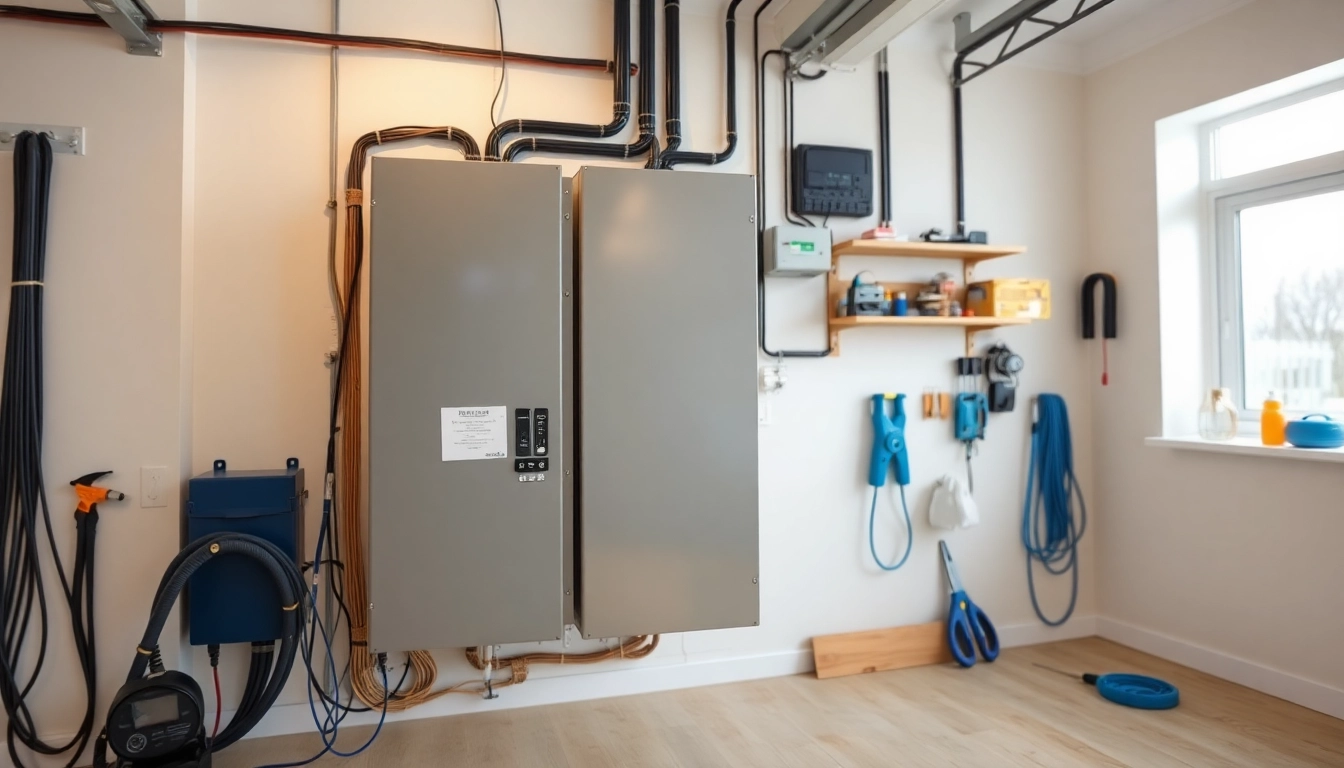
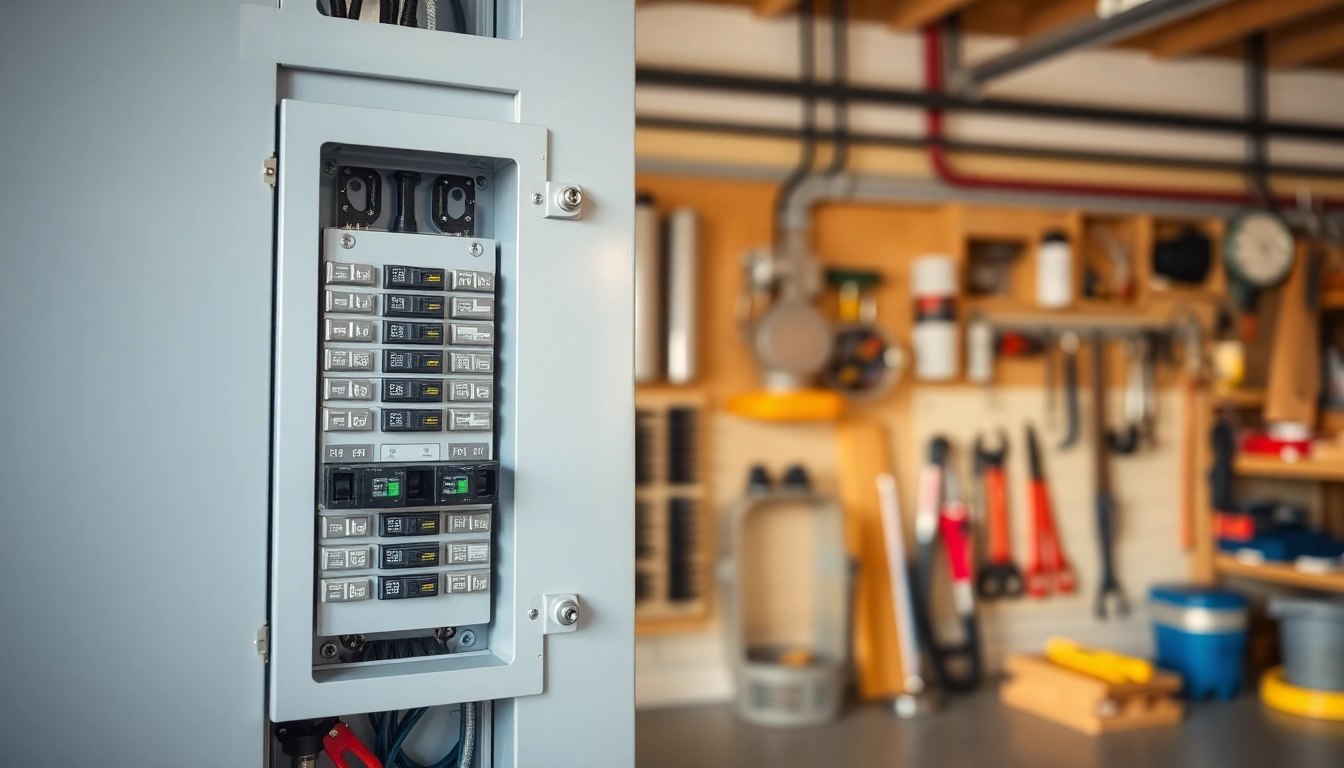
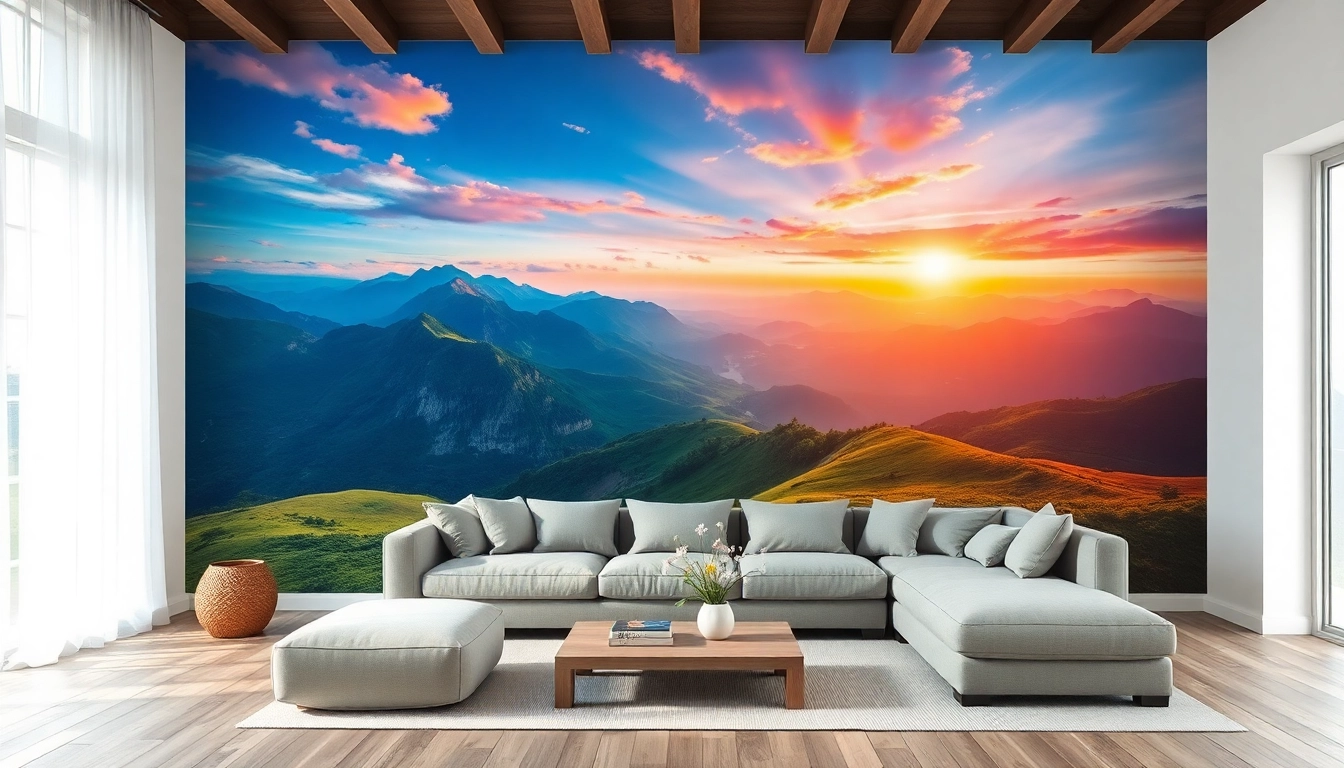
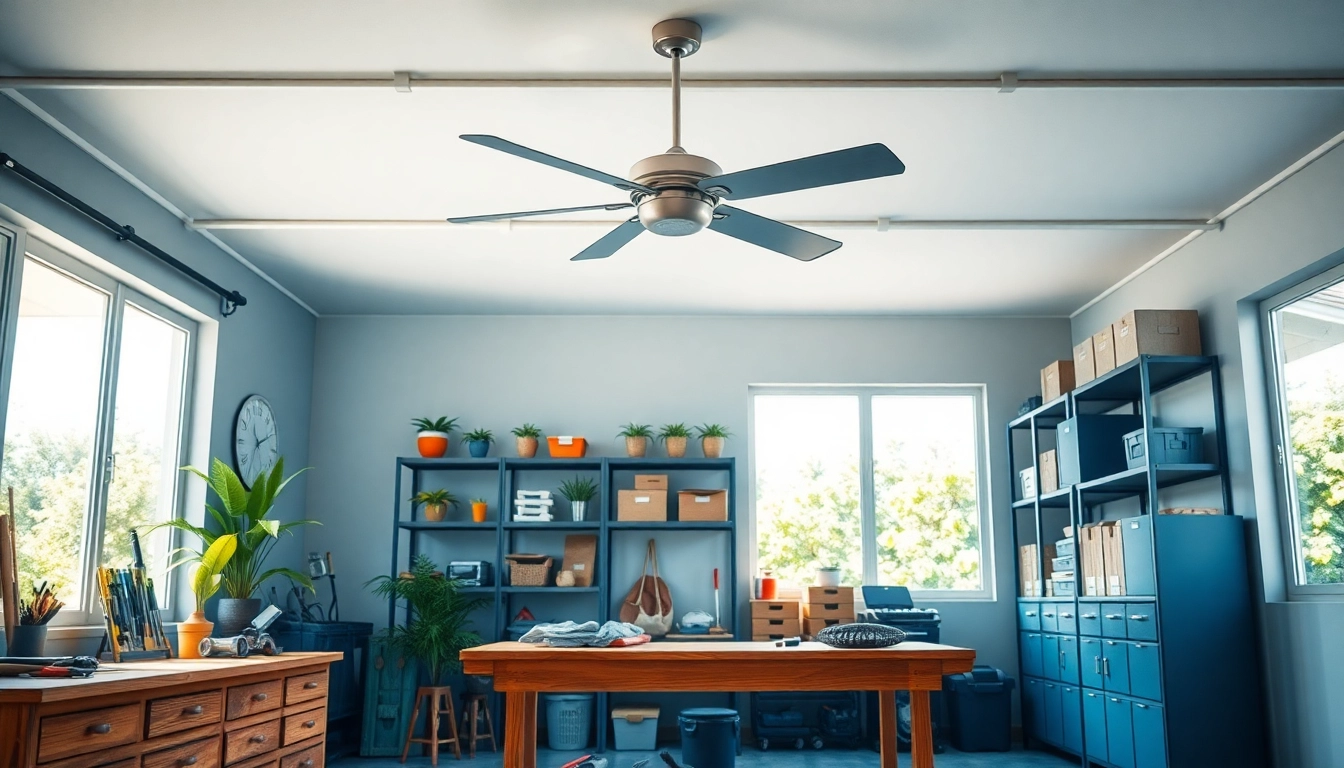
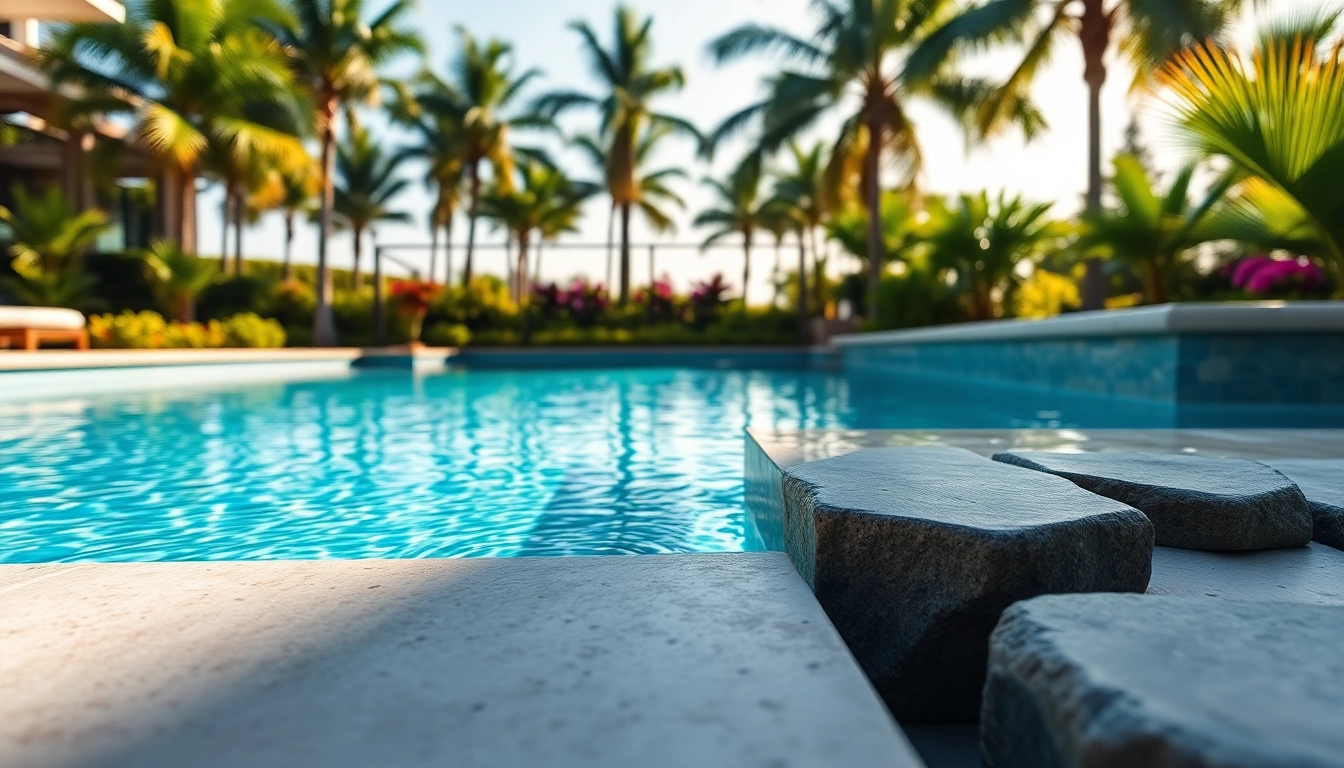
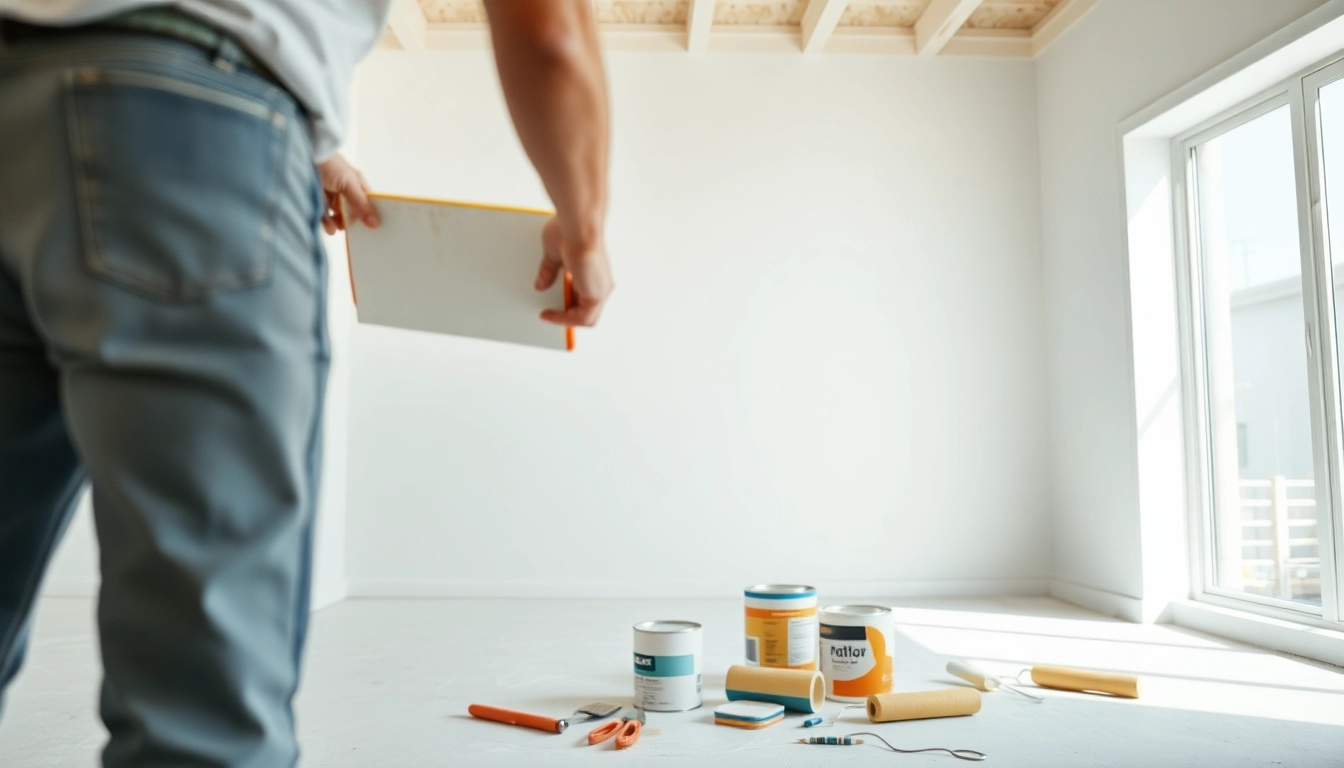
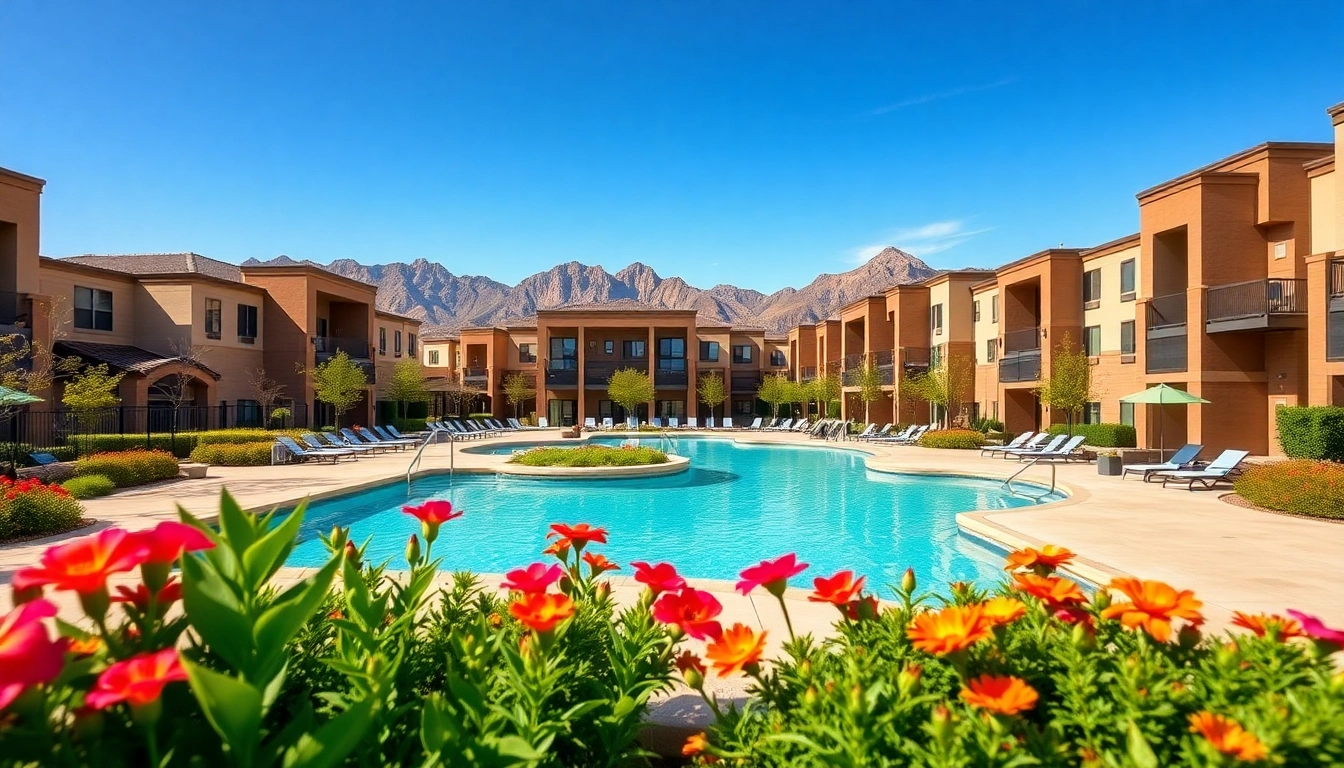
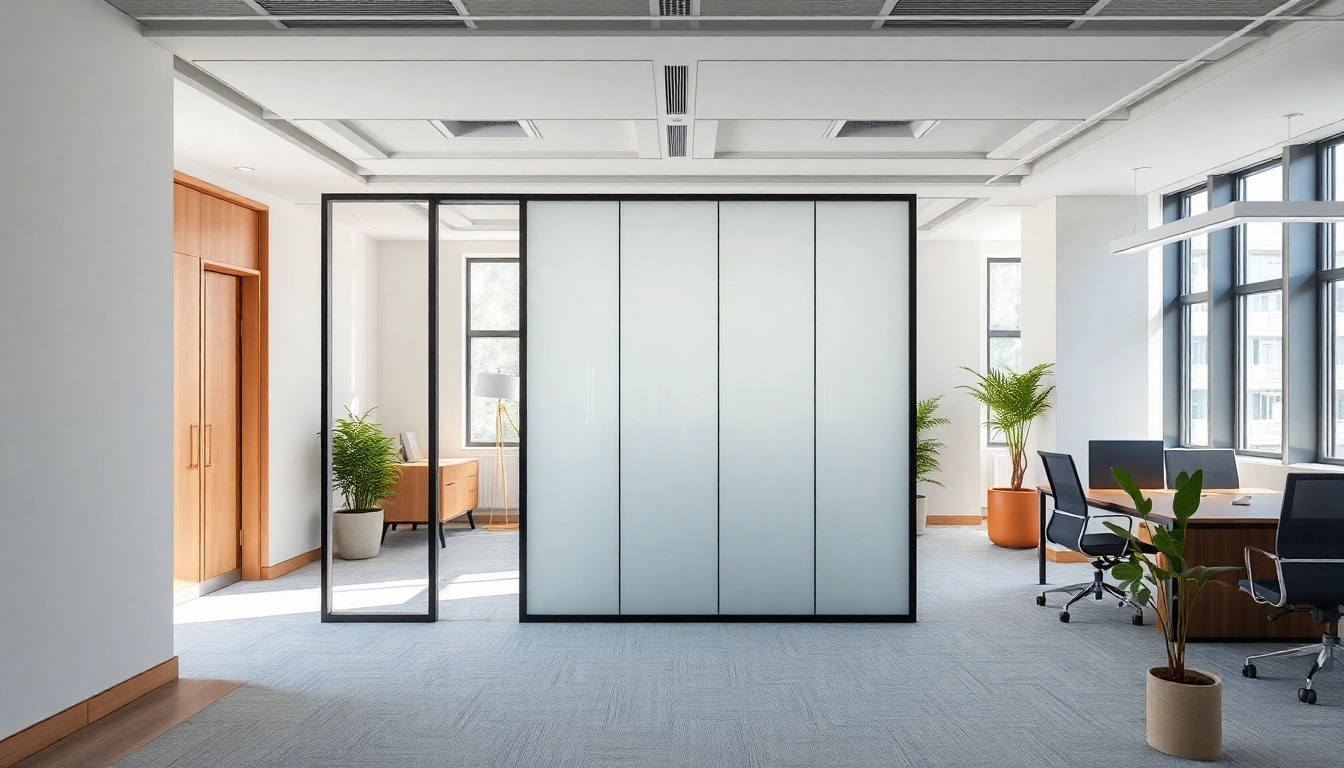
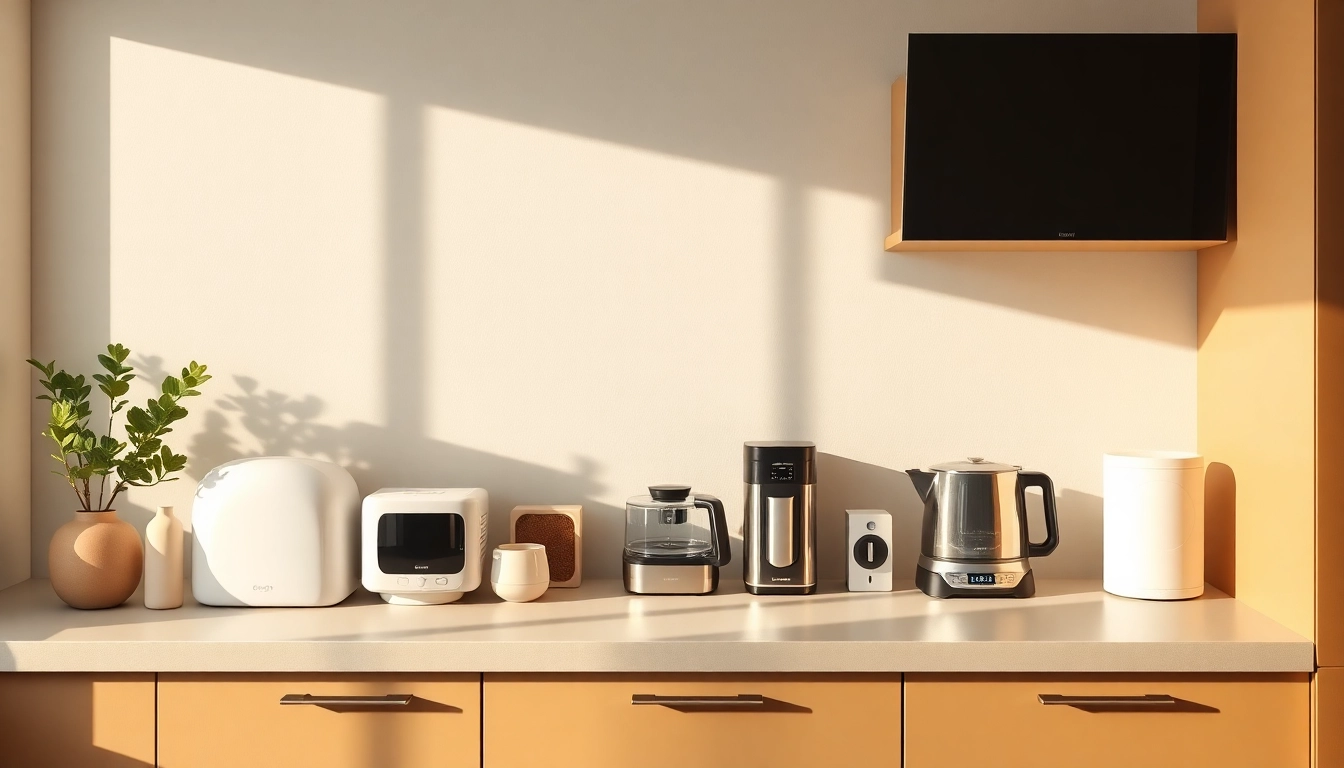
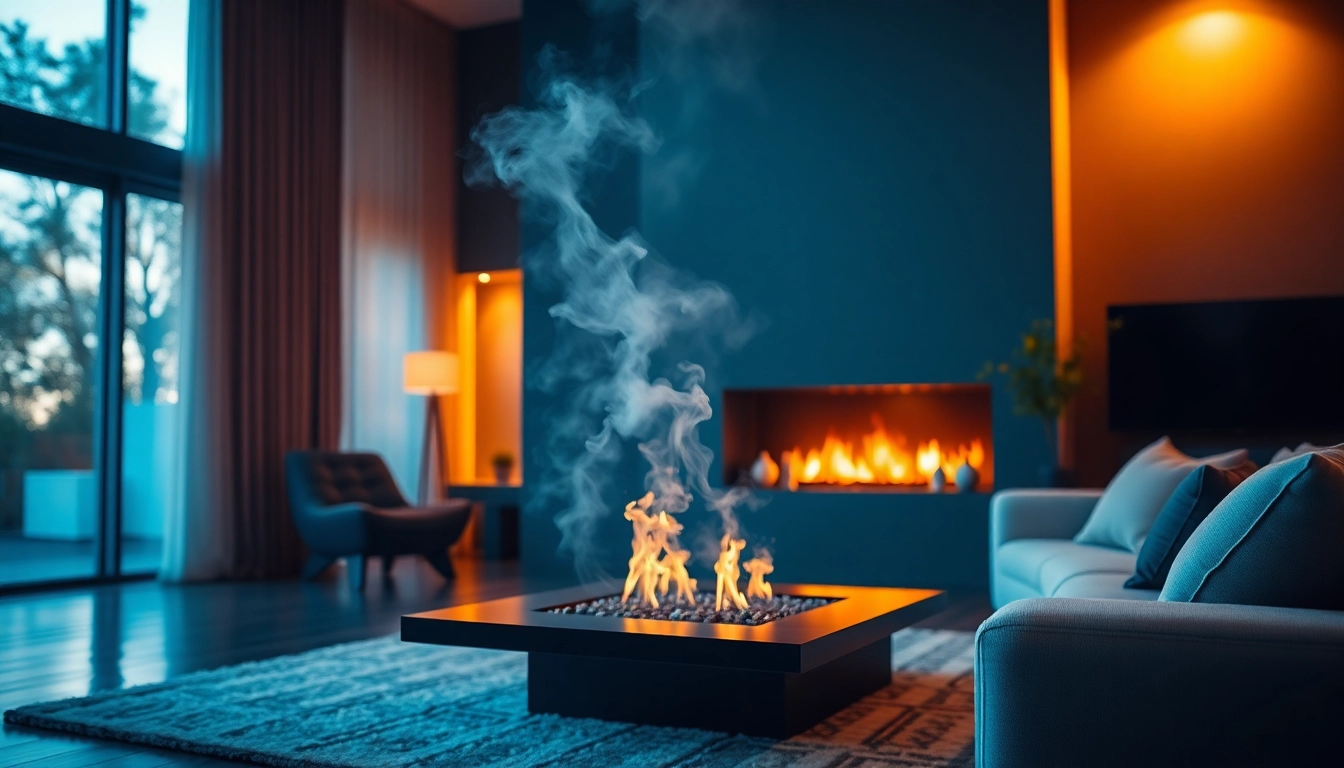
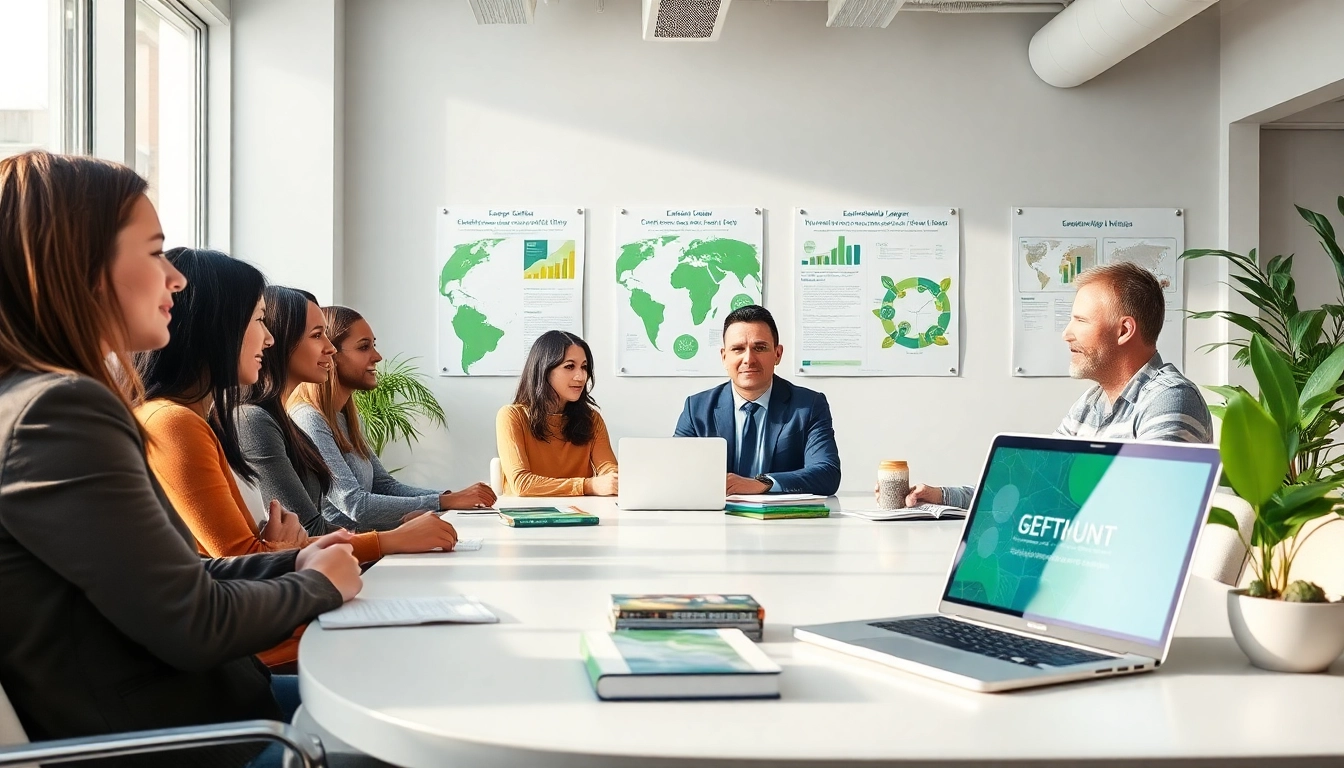



Leave a Reply